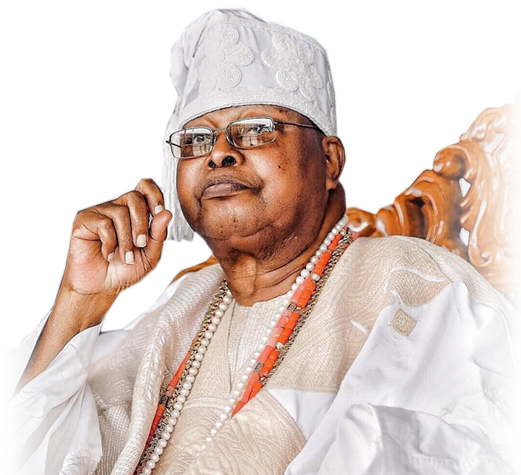On April 2nd, 2022, the paramount ruler of Ijebuland, Awujale Sikiru Kayode Adetona, Ogbagba 11, clocked 62 years on the throne of his forefathers. Preceding Oba Adetona’s ascension to the ancient stool of Ijebu, there had been 57 Awujales starting from Awujale Olu-Iwa to the incumbent’s immediate predecessor, Awujale Daniel Adesanya, Gbelegbuwa 11, who was the traditional ruler of the kingdom from 1933 to 1959. Oba Adetona’s prestige, acceptability, as well as the love and affection he enjoys among his people, have grown rather than diminished with time. This is also the case with most traditional rulers in various communities across the country who enjoy greater respect and legitimacy among their people than elected leaders who govern the modern sphere of the state do. Yet, the conventional wisdom received uncritically throughout Africa largely as a result of the unfortunate violent encounter with colonialism is that electoral democracy predicated on the emergence of governments through the ballot box offers the best mode of organizing a society’s political affairs. But is it possible to credibly deny that liberal democracy for the most part has been a colossal failure in Africa?


Recent Comments